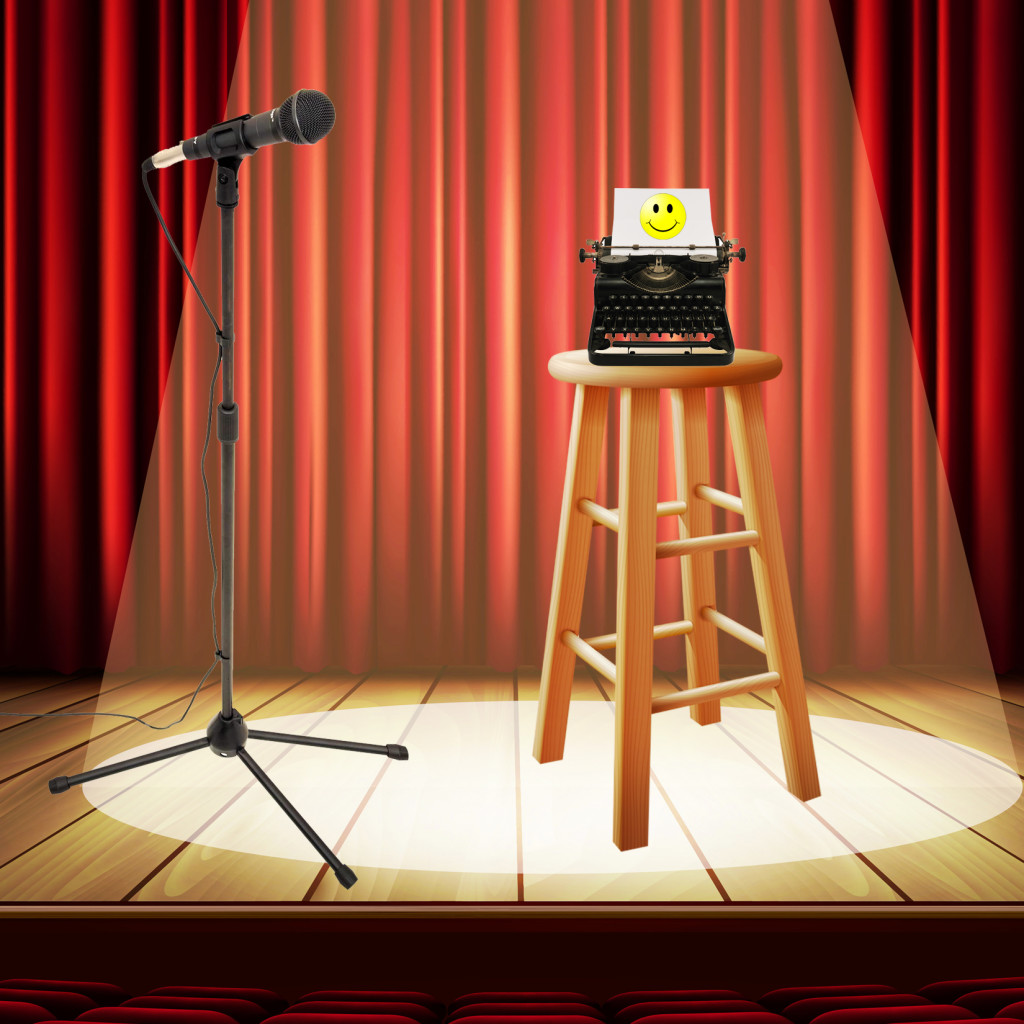29 03 2017
Style Guides & Manuals: What Are They?
Perhaps your high school English teacher told you about style guides, but maybe you didn’t even come across them until college when your English Composition instructor informed you, “You must use MLA style or fail this course.”
Read More
Regardless of your political opinion, it’s safe to say 2017 has already been a year worth remembering. A controversial wave started rolling in last year, and the American people are surfing its surface around the web in all different directions.
Read More
We’ve all had those insightful moments where a brilliant thought or idea rushes through our mind. It’s this time that we run to grab our pencil and paper and quickly jot down our fleeting thought. Did you ever feel like your brilliant idea became a complete flop once you put it into words? Sometimes it’s not our actual ideas that need tweaking, but rather the language we use to describe them.
Read More
There is almost nothing as metaphorically, if not physically, painful as watching two people who don’t know what they’re talking about try to explain something to each other.
Read More
If you lived through the peak years of Irish rock band U2, you may remember Bono as the band’s charismatic front-runner, creative genius, and global philanthropist extraordinaire. Alternatively, you may remember him as “that guy who spent most of a decade loudly repeating ‘yeah’ over melodramatic guitar riffs.”
Read More
It’s fairly safe to say that no one knows how to write humor. The great modern humor essayists – Dave Barry, P. J. O’Rourke, and the late Lewis Grizzard and Erma Bombeck, among many others –do it naturally, instinctively knowing just what turn of phrase and clever irony readers will find funny, but they probably couldn’t even begin to explain how they do it. People who are not great humor writers, obviously, don’t know either.
Read More
Do you ever wonder whether you should use “which” instead of “that” or vice versa? In the United States we use “which” differently than those living in the United Kingdom. I have no idea when or how the usage diverged, but according to our Modern Language Association, there is a correct way to use each.
Read More
Somewhere in the mid-1950s, a revolution in advertising took place. While previous business models relied primarily on supply side economics, the new age of advertising saw opportunities to generate demand through innovative marketing practices. The behavioral sciences slowly started to work their way into advertising agencies and businesses began to devote substantial portions of their budgets to product promotion.
Read More
20 10 2015
Don’t Be a Freakin’ Idiom
Upon receiving my edits on an academic paper recently, the author—a non-native English speaker—questioned why I had changed “for reason of” to “for reasons of,” when there was only one reason cited in that sentence. It was a reasonable question for which I didn’t have a good answer, except that “for reasons of” is much more commonly used in English and therefore “for reason of” just doesn’t look right. Knowing this explanation would be wholly unsatisfying, I then suggested “because of” as an alternative, which probably is what I should have changed it to in the first place.











